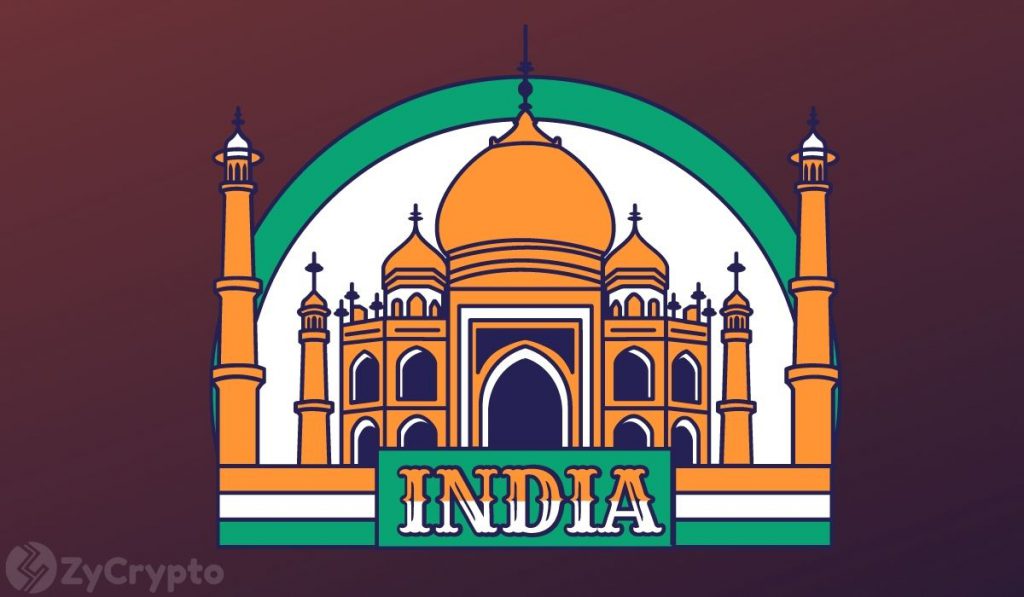- High taxes and denial of banking services have pushed Indian crypto exchanges virtually out of business.
- Indian Finance Minister says cryptocurrencies can be misused in illegal activities such as terror financing.
- Says the government will wait for deliberations to complete and a global consensus to emerge on the issue.
Indian Finance Minister Nirmala Sitharaman has offered a more nuanced response to the need for a policy for the Indian cryptocurrency sector. It presents a noticeable contrast to her usual dismissive stance on the future of digital assets in India.
Speaking at a program at Stanford Medicine, Stanford, on Wednesday she said her government’s intention is not to hurt the blockchain ecosystem in any way but the country needs time to make its decision, media reports said.
“Blockchain is full of potential not just in the payments arena but also in many others. Our intention is in no way to hurt the ecosystem or to even say that we don’t need it…” Sitharaman said at a fireside chat at the university.
She remarked that despite its potential to contribute positively to the economy, cryptocurrencies can also be used for “not so desirable ends — whether it is money laundering or leading to financing terror.”
“So, these are some of the concerns, not just India, but many countries of the world have and are also discussed in global, multilateral platforms,” the Indian Finance Minister said.
 
 
India needs to see in what ways the growth of cryptocurrencies should be facilitated or how the government should “handle” it. For all this, the country needs time, she explained.
“It will have to take its time… we’re taking the decern decision. It can’t be rushed through,” the Indian Finance Minister said.
India is on track to introduce its CBDC in the coming fiscal, she noted at the event.
High taxes, denial of banking services hit businesses
India introduced new taxation provisions for the crypto sector effective from April. It levies a steep 30% capital gains tax and 1% tax deduction at source (TDS) on virtually all crypto transactions. The high taxes and the complexity of calculating the taxes and ensuring compliance have driven ordinary traders away from the crypto market. As a result, leading Indian crypto exchanges witnessed a fall of 92-98% in trading volume in the first 10 days of the new taxes, compared to the corresponding period last year.
The problems for the Indian crypto market became insurmountable after April 1 when the few e-wallets that offered payment services to crypto exchanges stopped servicing them. Regular instant electronic retail payments through UPI were already unavailable to these exchanges. It led leading crypto exchanges such as CoinSwtich Kuber, WazirX, and Coinbase to stop taking deposits.
Indian Government not in a hurry to regulate the crypto space
The banking sector regulators maintain that cryptocurrencies are not legal in India so they are not eligible to collect payments. Or, at least, the banking sector is not obliged to offer its services.
When it comes to regulation, the Indian government says, as the Indian finance minister said at the Stanford University event on Wednesday, it’s in no hurry and would wait for the ongoing deliberations to bring forth the right course of action.


